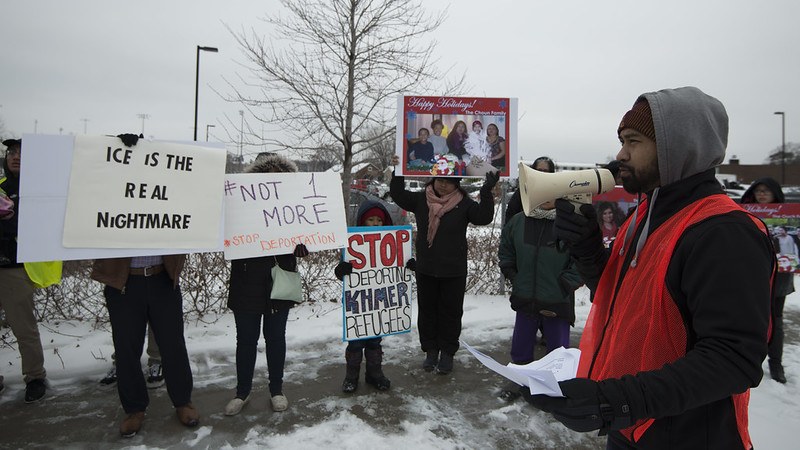Federal Judge Rules Habba Lacks Legal Authority as U.S. Attorney
The decision concluded that Alina Habba, New Jersey’s acting U.S. attorney, had been serving without lawful authority since July 1.
On Aug. 21, the United States District Court for the District of New Jersey ruled that Alina Habba was unlawfully performing the duties of the office of the U.S. Attorney for the District of New Jersey. The opinion, issued by Chief U.S. District Judge Matthew Brann, declared that all legal action Habba had taken since July 1 “may be declared void.”
The challenge to Habba’s appointment was brought by two sets of New Jersey defendants—Cesar Humberto Pina, indicted on wire fraud, and Julien Giraud Jr. and Julien Giraud III (“the Girauds”), charged with drug and firearm offenses. The defendants argued that Ms. Habba lacked the authority to prosecute them, as her 120-day interim appointment as U.S. attorney ended on July 1.
Judge Brann’s decision voided Habba’s approval of the indictment of Cesar Humberto Pina, denied Mr. Pina’s motion to dismiss the indictment, and disqualified Habba from participating in any ongoing litigation, including those of the Girauds. The ruling is a blow to the Trump administration, which had gone to great lengths to ensure that Habba—the former personal lawyer of President Trump—was appointed as U.S. attorney. After the Senate failed to confirm Habba by the end of her interim term, the administration used a procedural move to continue her acting appointment.
In his decision, Judge Brann noted the Trump administration’s hostility toward New Jersey district judges who favored appointing Desiree Grace, a career prosecutor, over Habba, and emphasized the importance of adherence to the law:
A government operating by handshake and mutual understanding may go along swimmingly, but only for so long as everyone is willing to play by the rules. Those rules are the result of good-faith compromise—a concession by one branch is premised on the understanding that another branch will not abuse the benefit. So even if a practice of making exceptions to the letter of the law exists, it is likely cabined by other practice-based rules that limit the scope of those exceptions. When one side decides that the practice-based limits no longer apply, what then? May that party take all the benefits of past practice with none of the concessions? In such a situation, recourse to the law—with no atextual exceptions—provides the only answer.
In response to the ruling, U.S. Attorney General Pam Bondi posted on X, “We will immediately appeal. @USAttyHabba is doing incredible work in New Jersey — and we will protect her position from activist judicial attacks.”
Read the ruling here or below:





